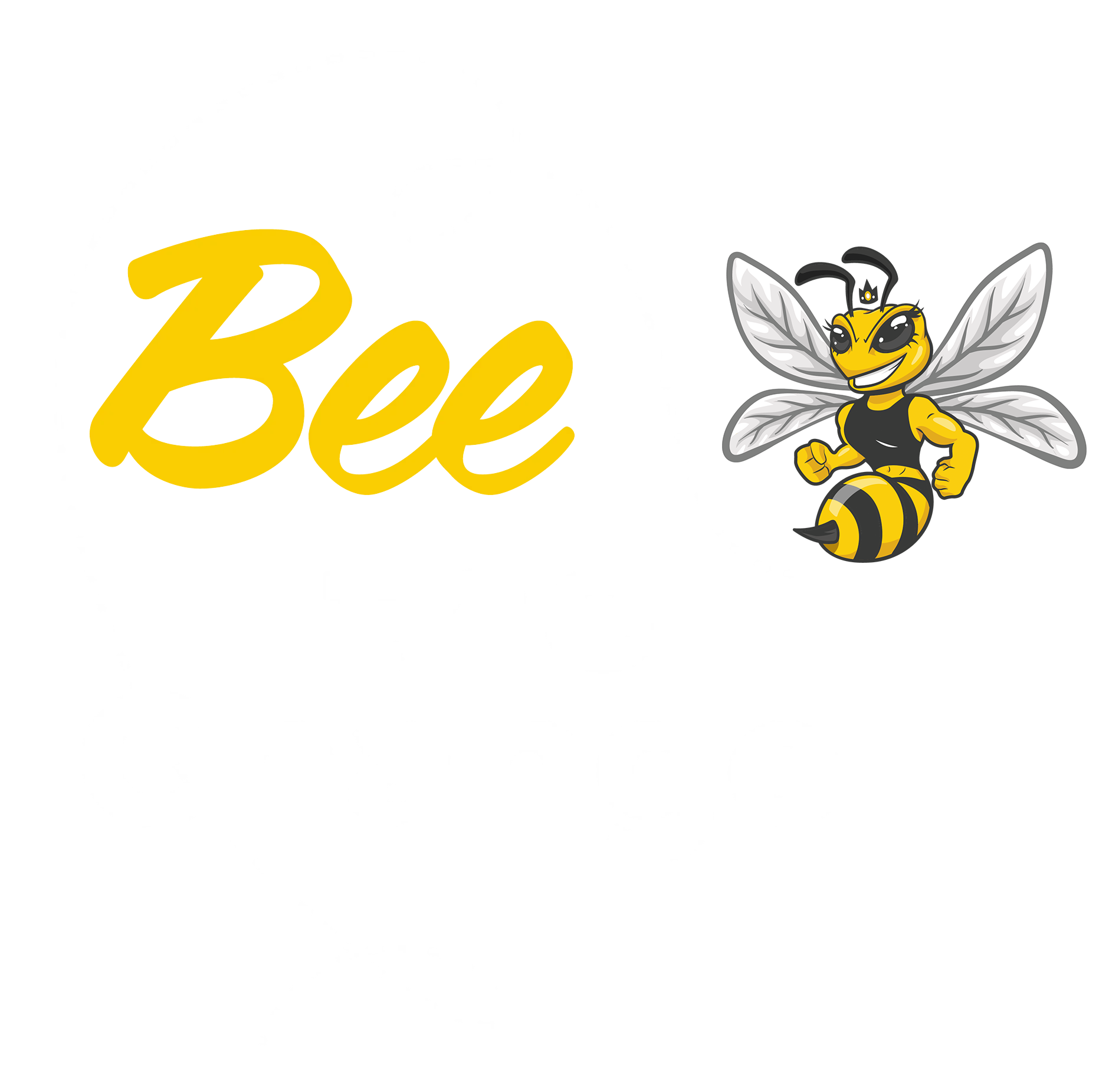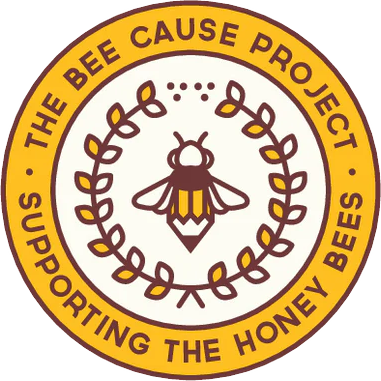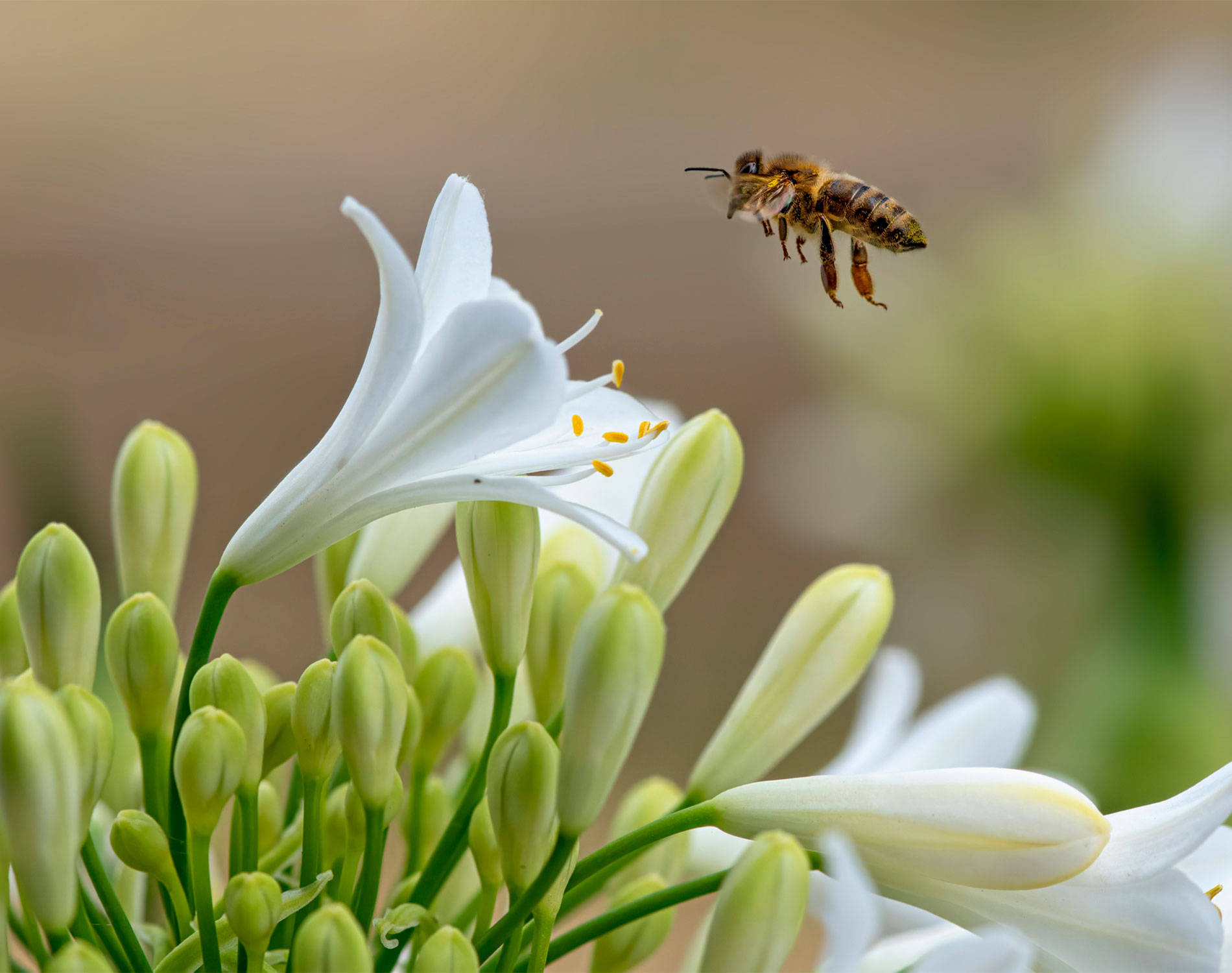
We Love
Our Honey Bees
Help protect our #1 business partner, the mighty honey bee.
Climate change, pesticides and habitat loss are putting honey bees at risk, with many species in perilous decline. We champion bee-friendly practices in every aspect of our business and are committed to advocacy and education to help ensure their future. We are also a proud supporter of The Bee Cause Project, a conservation group borne of a shared passion for protecting pollinators. Their efforts are making a measurable impact for advancing education and protecting pollinators on a global scale. We encourage you to learn about their mission and get involved if you are able.
You can help the honey bees.
Here are a few ways everyone can help our bees. By taking these simple steps, we can all play a vital role in protecting and preserving honey bees, ensuring their continued contribution to our ecosystems, food supply, and ongoing partnership with Little BEEst!
Ways You
Can Help
Save the Bees
Grow a variety of native flowers and plants that provide nectar and pollen for bees. Choose a mix of species that bloom at different times of the year to ensure a continuous food supply.
Opt for natural pest control methods in your garden and refrain from using chemical pesticides, herbicides, and fungicides, especially during the blooming season when bees are most active.
Purchase honey and other bee products from local beekeepers who practice sustainable and bee-friendly beekeeping methods. By supporting them, you’re contributing to the preservation of honey bee populations.
Bees need water to survive, especially during hot weather. Create a shallow water source, like a bird bath with stones or floating cork pieces for bees to land on safely.
Spread awareness about the importance of honey bees and the threats they face. Encourage your community, friends, and family to take action to protect bees.
Get involved in local conservation efforts aimed at preserving and restoring bee habitats, such as planting wildflowers in public spaces or participating in community tree planting initiatives.
Minimize the size of your lawn and replace it with flowering plants or even bee-friendly ground cover like clover. Lawns offer little to no resources for bees, while diverse gardens provide excellent forage.
If you have the time, space, and dedication, consider becoming a beekeeper yourself. Properly managed hives can contribute positively to honey bee populations and pollination efforts.
Support policies and regulations that promote bee-friendly practices, such as restrictions on pesticide use, habitat conservation measures, and incentives for sustainable agriculture.
Stay informed about bee health issues and report any signs of bee colony collapse or other abnormalities to local beekeeping associations or relevant authorities.


